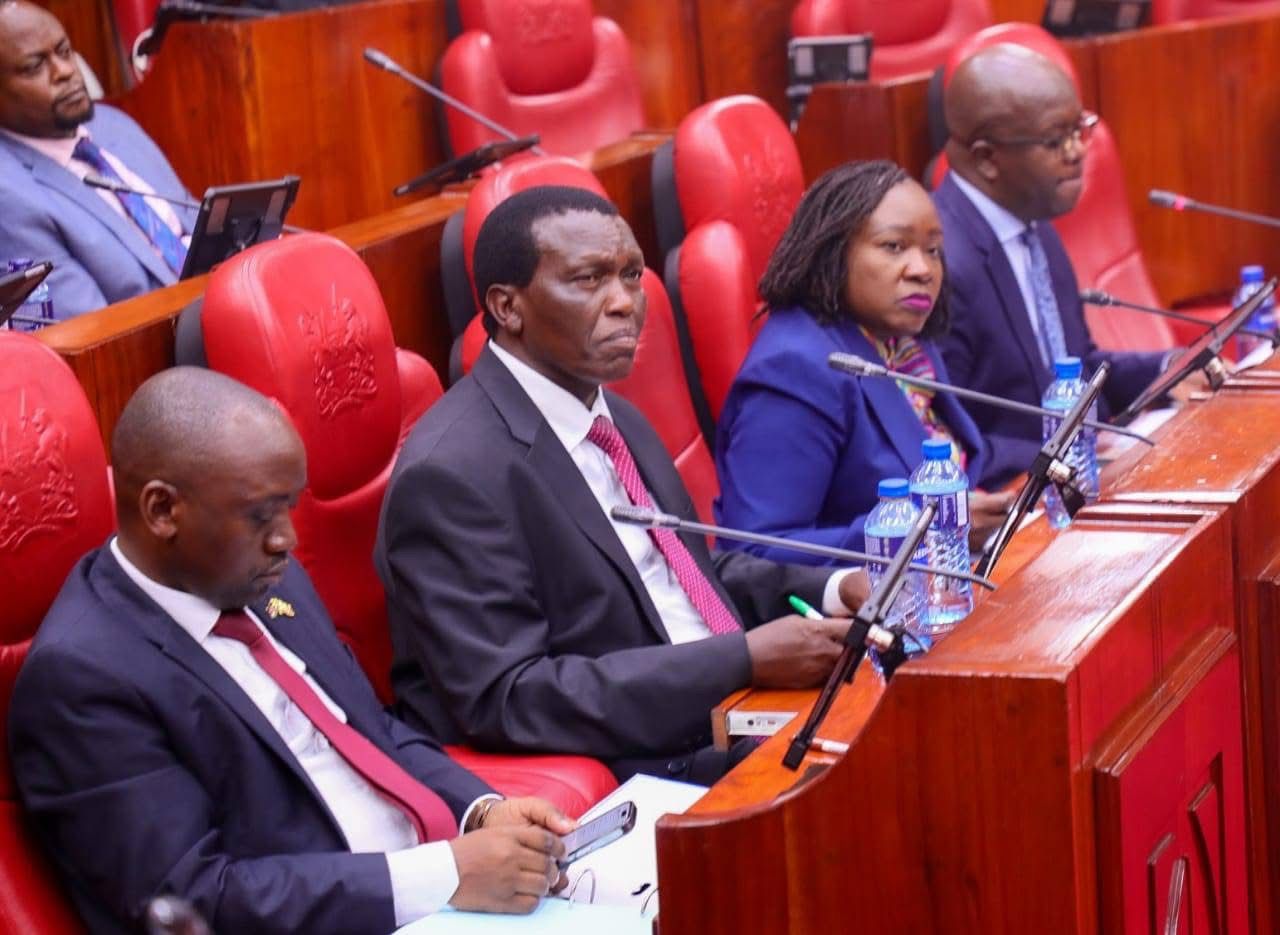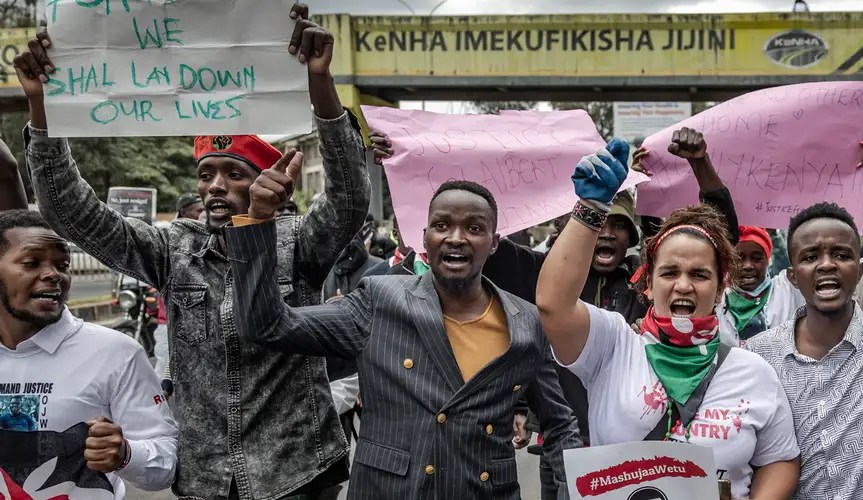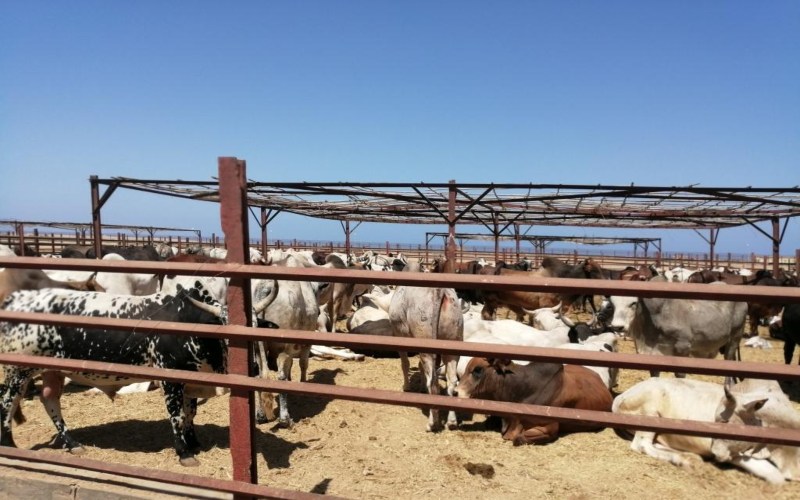Human Rights body flags risky provisions in Computer Misuse Act

The commission called on the Executive and Parliament to urgently revise what it termed “excessively broad” clauses that risk penalising legitimate online speech.
Human rights advocates are stepping up pressure on President William Ruto to amend sections of the recently enacted Computer Misuse and Cybercrimes Act, warning that certain provisions could undermine civil liberties.
The Kenya National Commission on Human Rights (KNCHR) described the law as flawed and inconsistent with constitutional guarantees of privacy and freedom of expression.
More To Read
- KNCHR says Kenyans still locked out of healthcare despite Sh138 billion SHA boost
- KNCHR raises alarm as over 100 femicide cases recorded in three months
- How Trump–Ruto health deal fills the void left after USAID exit
- UNAIDS hails Kenya–US health framework as major boost for HIV response
- Kenya, US sign Sh208 billion health cooperation deal to transform to strengthen primary care, services
- UN Rights Chief raises alarm over abductions, enforced disappearances in Uganda ahead of elections
The commission called on the Executive and Parliament to urgently revise what it termed “excessively broad” clauses that risk penalising legitimate online speech.
During a session before the Senate’s National Cohesion Committee, KNCHR, represented by Chairperson Claris Ogangah and Head of Research and Compliance Martin Pepela, criticised the Act for failing to meet standards of legal clarity, proportionality, and fairness.
The commission highlighted that several sections violate non-derogable rights under the Constitution, including citizens’ rights to privacy, thought, and expression.
“By criminalising speech that is deemed offensive, objectionable or undesirable by the State, Kenya jeopardises its compliance with international obligations under various international laws,” said Ogangah.
The law, sponsored by Wajir East MP Aden Mohamed, was intended to curb the use of digital platforms for terrorism, religious extremism, and cult activities.
Despite its stated purpose, the Act has generated concern from civil society and legal experts who argue it could suppress fundamental freedoms.
The Law Society of Kenya and the Kenya Human Rights Commission separately filed petitions challenging certain provisions, citing conflicts with Article 31 of the Constitution and Sections 25 and 27 of the Data Protection Act.
The High Court temporarily suspended Section 27(1) and (2) while the petitions are pending.
KNCHR specifically criticised Clause 3, which allows authorities to shut down websites or apps allegedly promoting illegal activities, sexual content involving minors, terrorism, or extremist views.
The commission argued that the law does not define what constitutes “illegal activities” or specify which state agency is responsible for enforcement, leaving it open to arbitrary interpretation.
Pepela described this as “mischievous, vague, and excessively broad,” creating risks of misuse.
“This provision undermines the rule of law and opens the door to abusive enforcement,” he said.
The commission also challenged Clause 4, which targets communications likely to drive someone to suicide.
KNCHR noted that the language is ambiguous and does not account for psychiatric assessment, creating a risk of punishing expression rather than addressing mental health needs.
“For instance, is it criminal for a mental health advocate to share his/her personal story and experience? How would direct causation be proved in such instances?” Pepela asked, adding that the clause risks penalising the consequences of mental health conditions instead of providing care and prevention.
KNCHR further criticised the phrase “inappropriate sexual content of a minor,” describing it as misleading and legally unsound because it implies that any sexual content involving minors could somehow be legally appropriate, thereby weakening child protection.
Top Stories Today












































